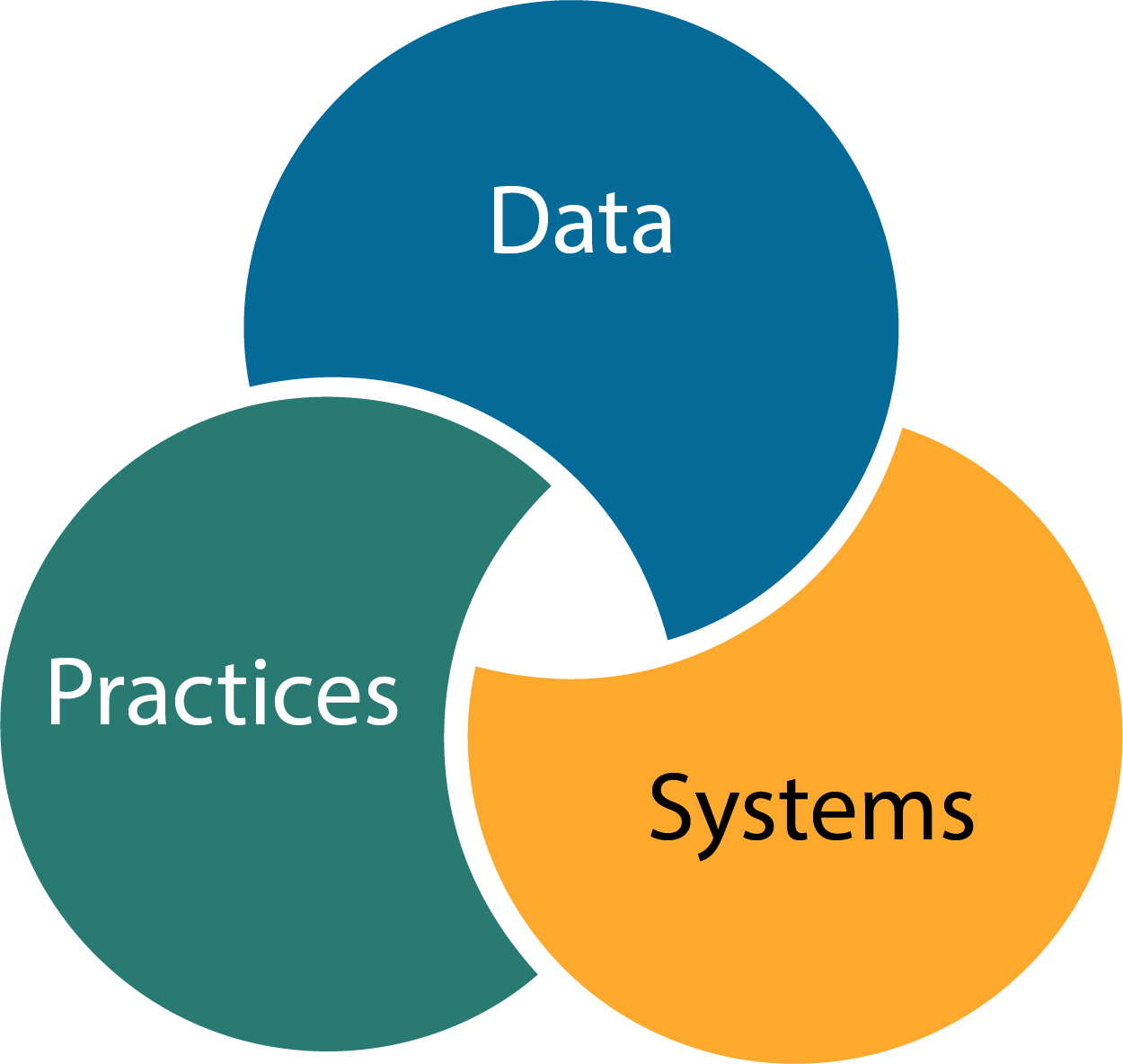
 Reducing Exclusionary Discipline & Increasing Behavioral Supports
Reducing Exclusionary Discipline & Increasing Behavioral Supports
Children with disabilities, particularly children of color with disabilities, are suspended and expelled from school at disproportionately higher rates than their peers – a trend that starts as early as preschool.
The negative impact of exclusionary discipline on a child’s short- and long-term outcomes is well documented. Exclusionary discipline’s negative impacts include decreased academic achievement and increased risk of entering the juvenile justice system.
The U.S. Department of Education, Office of Special Education and Rehabilitative Services (OSERS) and the OSERS Office of Special Education Programs (OSEP) has prioritized reducing exclusionary discipline and supporting the implementation of evidence-based practices that focus on prevention, intervention and behavioral strategies.
OSERS/OSEP released guidance that describes practices in early childhood and school programs that can be used to prevent and respond to interfering behavior. Schools and early childhood programs can use the guidance to support children with disabilities and address disparities in the use of exclusionary discipline.
U.S. Department of Education Discipline/Behavior Guidance and Resources
- OSEP Dear Colleague Letter on Implementation of IDEA Discipline Provisions. (en espanol)
- Questions and Answers Addressing the Needs of Children with Disabilities and IDEA’s Discipline Provisions. (en espanol)
- Positive, Proactive Approaches to Supporting the Needs of Children with Disabilities: A Guide for Stakeholders. (en espanol)
- Supporting Students with Disabilities and Avoiding the Discriminatory Use of Student Discipline under Section 504 of the Rehabilitation Act of 1973 and an accompanying Fact Sheet.
- Office of Civil Rights: Resource on Confronting Racial Discrimination in Student Discipline (ed.gov)
- Dear Colleague Letter on ensuring equity and providing behavioral supports to students with disabilities (Aug. 1, 2016)
For additional information, please visit: https://sites.ed.gov/idea/topic-areas/#Discipline-Behavioral-Supports
- OSERS Blog: Discipline and Behavior Series
- OSEP National Technical Assistance Call, Discipline Guidance Video and PowerPoint Presentation (PDF) (Oct. 13, 2022)
- OSEP 2022 Behavior, Discipline Guidance Video (July 2022)
- Center on Positive Behavior Interventions and Supports
- IDEA Data Center (IDC)
- Early Childhood Technical Assistance Center (ECTA Center)
- National Center for Pyramid Model Innovations (NCPMI)
- National Center on Systemic Improvement
- Center for IDEA Early Childhood Data Systems
- National Center on Intensive Intervention
- IRIS Center
- Center for Parent Information and Resources (CPIR)
- TIES Center
- State Implementation and Scaling up of Evidence Based Practices Center
- School Climate and Student Discipline Resources (ed.gov)
- Office of Safe and Supportive Schools: The U.S. Department of Education provides schools, school districts, and state education agencies with resources aimed at creating and nurturing positive school climates; preventing school violence; and protecting the whole school community through school safety, security, and emergency management and preparedness planning.
- Guiding Principles for Creating Safe, Inclusive, Supportive, and Fair School Climates: Identifies five guiding principles and suggests actions schools and school districts can take to create inclusive, safe, supportive, and fair learning environments.
- U.S. Department of Education Issues Dear Colleague Letter Calling for End to Corporal Punishment in Schools and Guiding Principles on School Discipline: This letter reinforces the Department of Education's (Department's) position that corporal punishment in schools should be replaced with evidence-based practices, such as implementing multi-tiered systems of support like Positive Behavioral Interventions and Supports, that create a safe and healthy school environments.
- HHS/ED Guidance Document on Expulsion and Suspension Policies in early Childhood Settings: The Administration for Children and Families (hhs.gov): This joint Health and Human Services (HHS) and U.S. Department of Education (ED) policy statement aims to raise awareness about expulsion, suspension, and other exclusionary discipline practices in early childhood settings, including issues of racial/national origin/ethnic and sex disparities and negative outcomes for children associated with expulsion and suspension in the early years. Recommendations for how to establish preventative suspension and expulsion policies at the State and early childhood program level; and free resources to support States, programs, teachers, and providers are included.
Resource Guides on Positive, Proactive Approaches to Discipline
The following resource guides summarize additional resources that have been set up in tables and can support schools and early childhood programs in implementing positive, proactive approaches to support and respond to children’s behavioral needs more effectively. Following the resources in each guide is information about OSEP TA Centers that can provide additional information to support schools in implementing the practices described below.
OSERS is committed to providing resources to support state and local efforts to implement this guidance and reduce exclusionary discipline through:
- Examination of data to better understand the frequency of exclusionary discipline and support ongoing efforts to reduce its use;
- Systems changes at the state, local, school or early childhood program levels; and
- Evidence-based practices to support educators working with children ages pre-k through high school

- Data Dive: Collecting, Reporting & Analyzing Discipline Data (New)
- Data Dive: Using Discipline Data to Guide Decision Making (New)
- Addressing Discipline Disparities
- Early Childhood Resource Guide: Collection and Use of Data to Eliminate Exclusionary Discipline (New)
- Implementing Evidence-Based Approaches: Data-Based Decision Making
National, state, and local discipline data:
- Addressing Discipline Disparities
- Early Childhood Resource Guide: Strengthening and Coordinating Systems to Eliminate Exclusionary Discipline (New)
- Implementing Evidence-Based Approaches: Multi-Tiered Systems of Support
- Implementing Evidence-Based Approaches: Positive Behavior Intervention and Supports
- Improving Systems at the School, Local, and State Levels to Reduce Exclusionary Discipline (New)
- Professional Development to Support Social, Emotional, and Behavioral Needs
- Personnel Preparation to Address Social, Emotional, and Behavioral Needs
- Stakeholder guide on Positive, Proactive Approaches to Supporting Children with Disabilities
- Addressing Discipline Disparities
- Creating a Positive Predictable Environment
- Early Childhood Resource Guide: Evidence-Based Practices to Eliminate the Use of Exclusionary Discipline (New)
- Implementing Evidence-Based Approaches: Positive Behavior Intervention and Supports
- Professional Development to Support Social, Emotional, and Behavioral Needs
- Stakeholder Guide on Positive, Proactive Approaches to Supporting Children with Disabilities